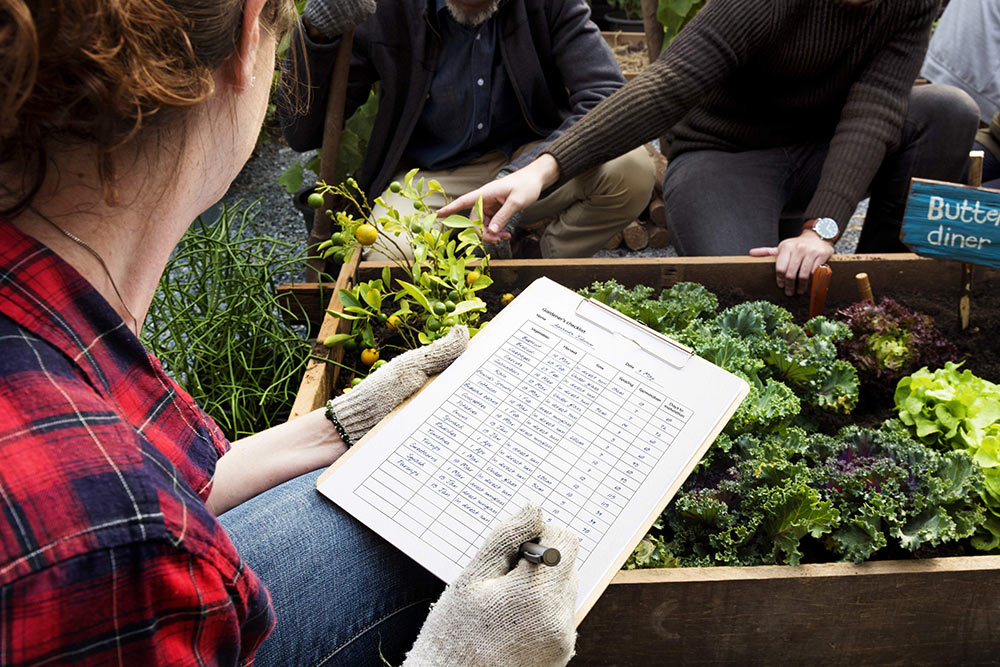Abstract
Background
Food fraud is the deliberate and intentional act of substituting, altering or misrepresenting foodstuff for financial gain. Economical motivations for food fraud result in criminals focusing on opportunities to commit fraud rather than targeting specific products, thus reducing the probability of food fraud being detected. Although primarily for financial gain, food fraud can impact consumer wellbeing. Therefore, authenticating food is a key stage in protecting consumers and the supply chain. Food manufacturers, processors and retailers are increasingly fighting back as occurrences of food fraud become more prevalent, resulting in a greater focus on detection and prevention.
Scope and approach
The aim of this review paper is to highlight and assess food fraud and authenticity throughout the food supply chain. Food fraud is a significant issue across the food industry, with many high-profile cases coming to public attention. Hence, this paper shall discuss the impact of food fraud on both consumers and manufacturers, the current and future trends in food fraud and methods of defence that are currently in use. Furthermore, emerging issues, such as the COVID-19 pandemic and Brexit, shall be discussed alongside the challenges they yield in terms of food fraud detection and prevention.
Key findings and conclusions
The incidence of food fraud is diverse across the sector, rendering it difficult to quantify and detect. As such, there are numerous food safety and traceability systems in use to ensure the safety and authenticity of food. However, as food fraud continues to diversify and evolve, current methods of detection for guaranteeing authenticity will be drastically challenged. Issues, such as the COVID-19 pandemic and Brexit, have instigated increased demand for food. This combined with reduced industry inspections, weakened governance, audits and ever-increasing pressure on the food industry has exposed greater weaknesses within an already complex system.
Access full paper: https://doi.org/10.1016/j.foodcont.2021.108171

